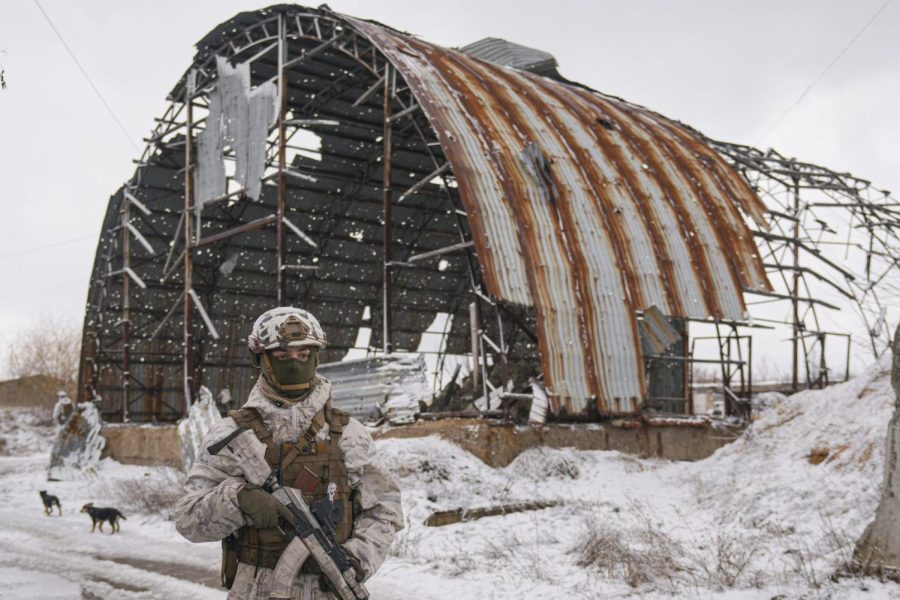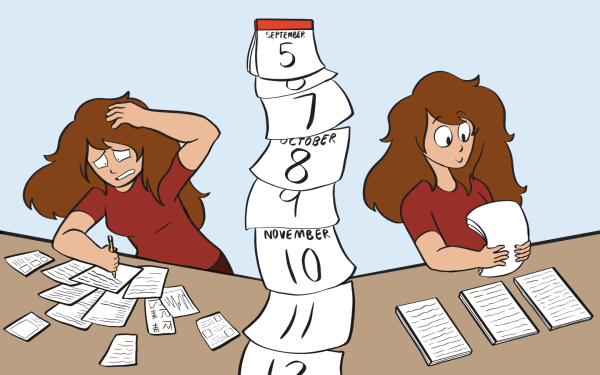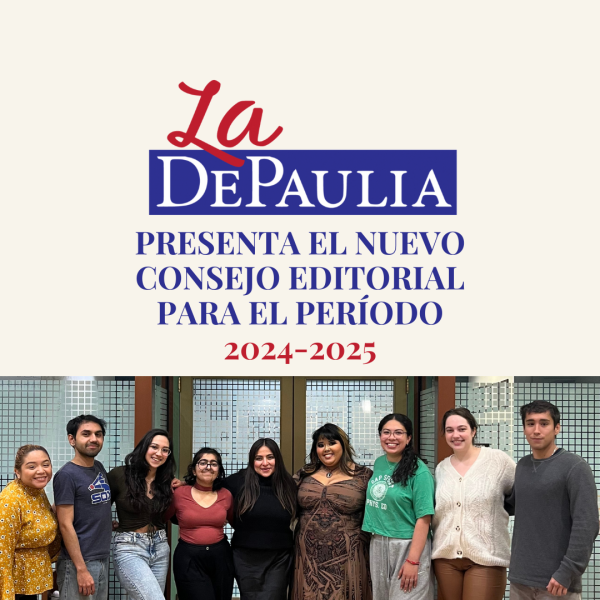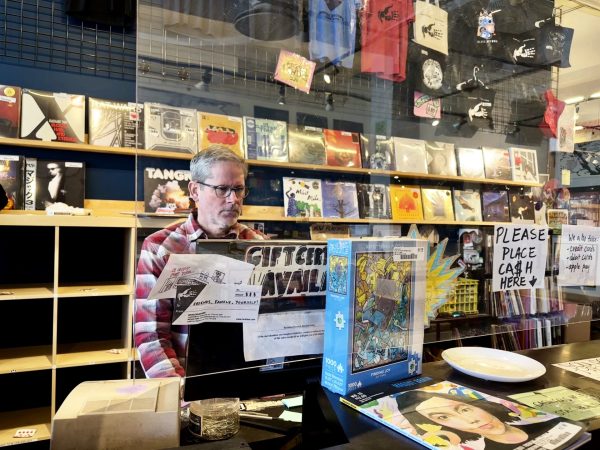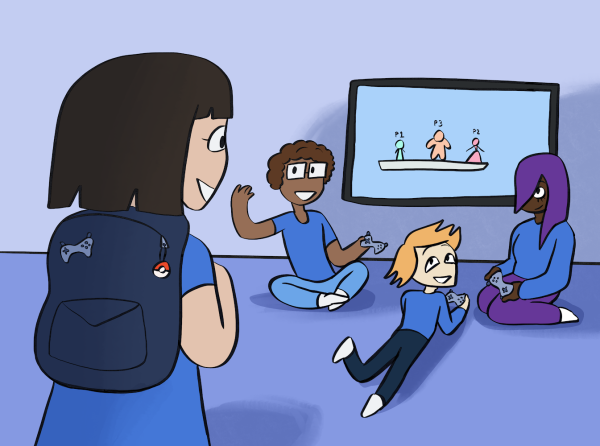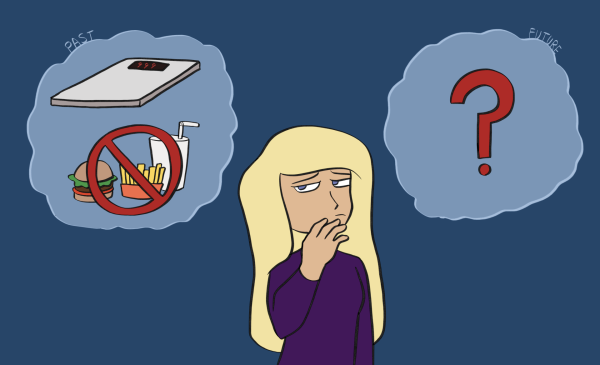Opinion: Who is writing pro-war op-eds?
A Ukrainian serviceman provides area security in Eastern Ukraine Wednesday, Feb. 9, 2022.
The tension between Russia and Ukraine has dominated the news cycle this month. Depending on what cable news channel you watch or what newspapers you read, you may be convinced that we are in the beginning stages of a third World War. When you look at who is producing this content, however, it becomes clear why this is.
The Wall Street Journal ran an opinion piece on Feb. 7 titled “Time to Increase Defense Spending.” I was shocked when I read the headline. The United States already spends more than $778 billion on defense annually — that’s more than China, India, Russia, the United Kingdom, and the next seven highest spenders combined.
The article, written by Walter Russell Mead, argued that the current defense spending was too small a percentage of our overall GDP. Mead also claimed that a friendship between Russian President Vladmir Putin and Chinese President Xi Jinping would be detrimental for the United States.
“The longer the U.S. waits to build a national defense adequate to the challenges it faces, the greater the danger and expense ultimately will be,” Mead wrote.
Increasing our already enormous defense budget seems like a crude overreaction, even with a potential invasion of Ukraine by the Russians looming. But when I looked into who Mead actually was, things became very clear.
Mead is a paid fellow at the Hudson Institute, a conservative American think tank specializing in security and economic issues. Some of their biggest donors include defense contractors Lockheed Martin, Northrop Grumman, General Atomics and Bell Textron.
This explains the paranoia Mead expresses in his article. He has a vested interest in promoting uncertainty around U.S. national security with his ties to the defense industry. But if you were a casual reader of the Wall Street Journal’s opinion pages, you wouldn’t know this. Mead’s background isn’t disclosed anywhere in the story.
According to DePaul University journalism ethics professor Jason Martin, this practice isn’t uncommon.
“Op-ed pages are often filled with people with a vested interest in the position they’re taking,” Martin told The DePaulia. “They’re not often completely disclosed. They obviously have a name on it, but it doesn’t typically have a big statement of conflict of interest, or anything like that attached.”
It could be debated whether somebody like Mead should even have the ability to publish a story like this at all, considering his financial ties to the defense industry. Is his opinion on this newsworthy, or an advertisement? But the Wall Street Journal not even disclosing these ties is simply irresponsible and damaging to public discourse.
This is a common ethical problem across many corporate media platforms, from newspapers to cable news. Channels like CNN and FOX News have received criticism in the past for interviewing guests tied to defense firms like Beacon Global Strategies and General Dynamics, without indicating their ties to these organizations. More often than not, these guests unsurprisingly downplay diplomatic solutions to foreign policy issues, and advocate for interventionism and conflict escalation.
Not only does this practice affect our public opinion domestically, but it has real foreign policy consequences, too. On Feb. 15, the head of a prominent Ukrainian parliamentary faction said that Western media panic has damaged Ukraine’s economy more than the prospect of the actual Russian invasion has.
“This hysteria is now costing the country $2-3 billion every month,” said David Arakhamia, head of the Servant of the People faction.
Don’t get me wrong — Russia may still invade Ukraine. But it would be much more reliable hearing this from an organization that won’t make billions if it happens. Mainstream outlets concealing the industry ties of foreign policy “experts,” whether on purpose or through negligence, isn’t helping the abysmal public trust of our media institutions.
“Many people don’t mind somebody’s opinion if they know where that opinion is coming from,” Martin said. “They like when bias is revealed. So, if you make it really clear and easy to find what position this person has, I think a lot of people find that more credible than if it’s obfuscated.”
News media needs to do better with this. Tell us who is really writing these op-eds. Tell us who the cable news experts really are. As a young journalist entering the industry, I want to trust these sacred media institutions. This pattern is making it hard to do so.


